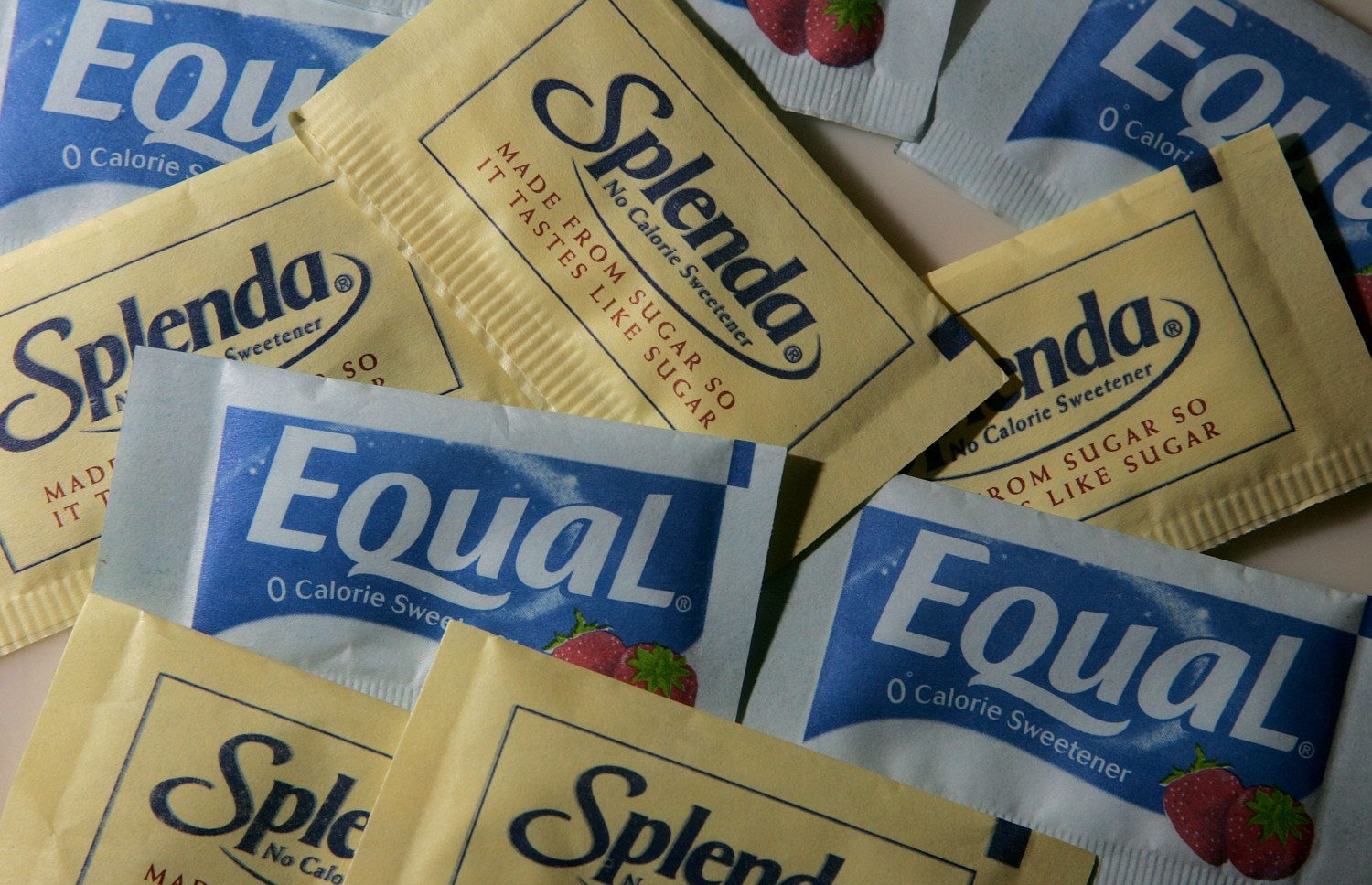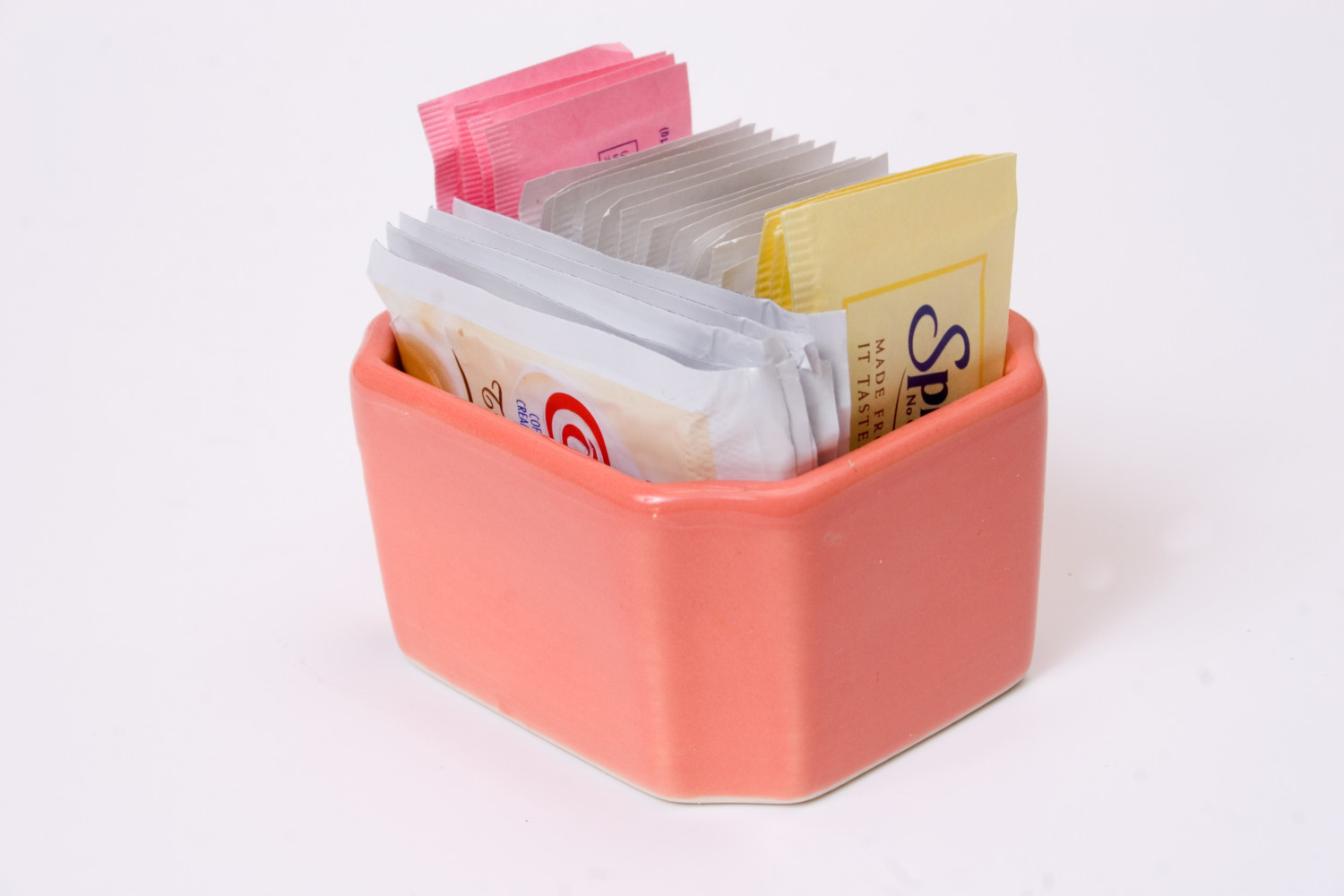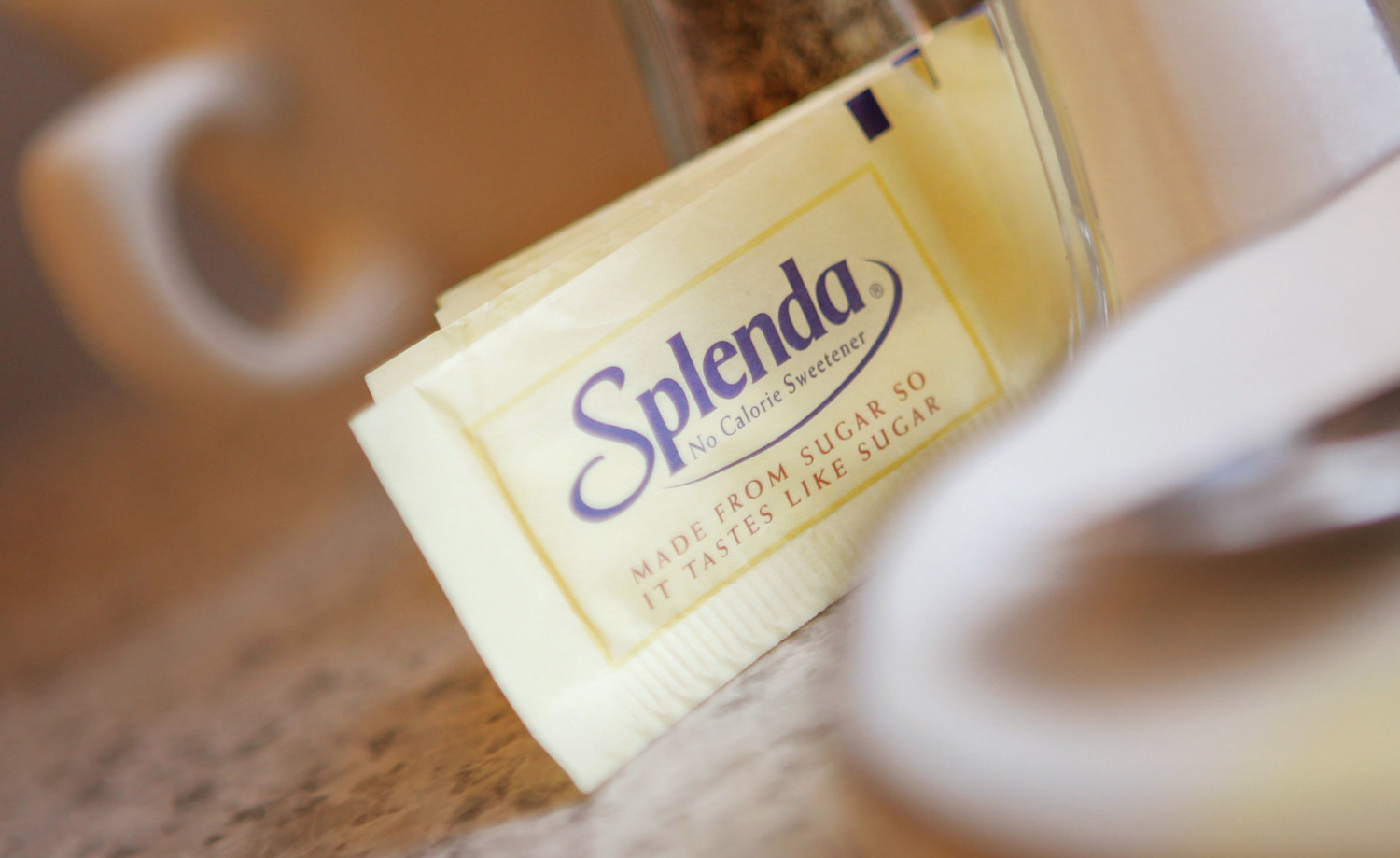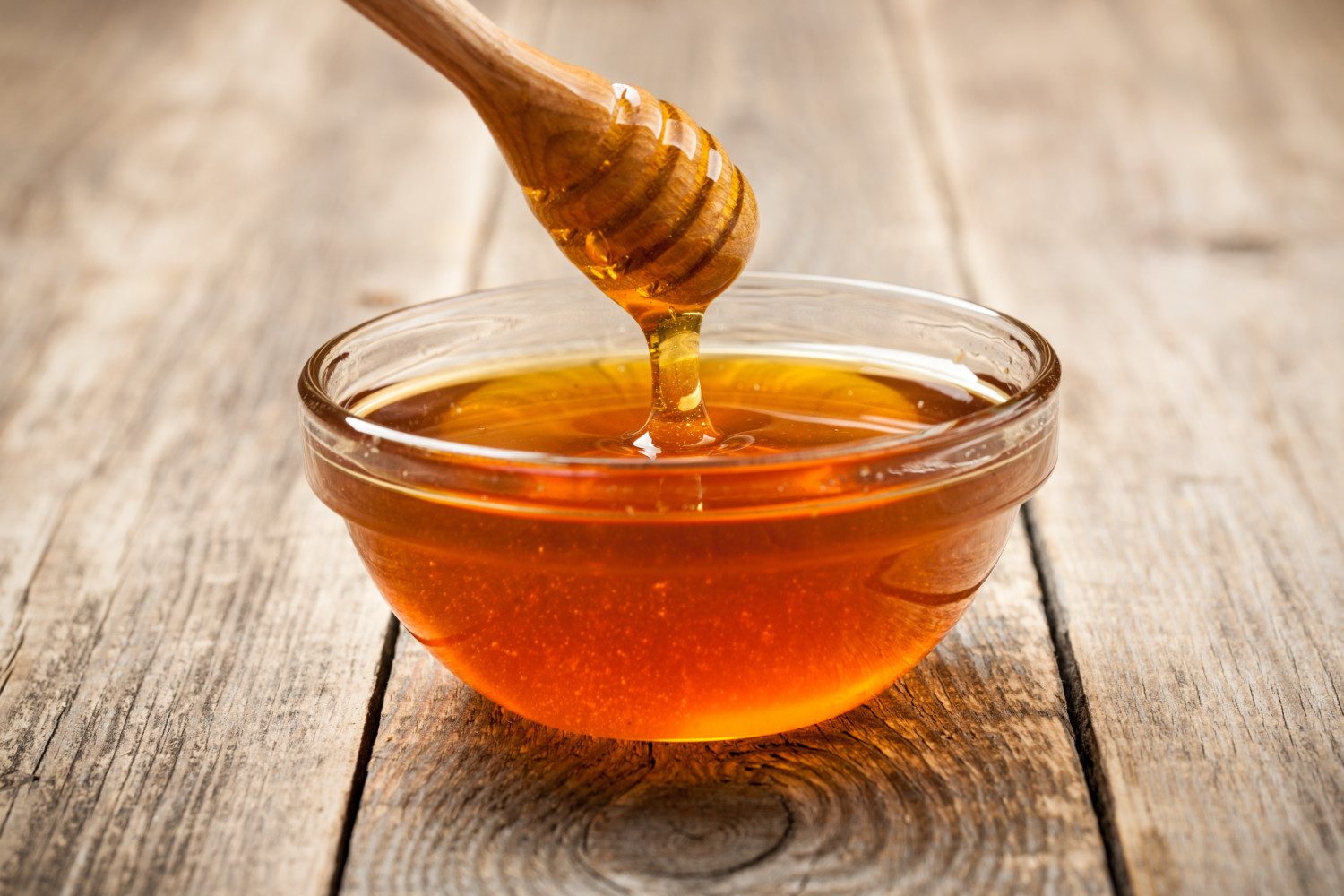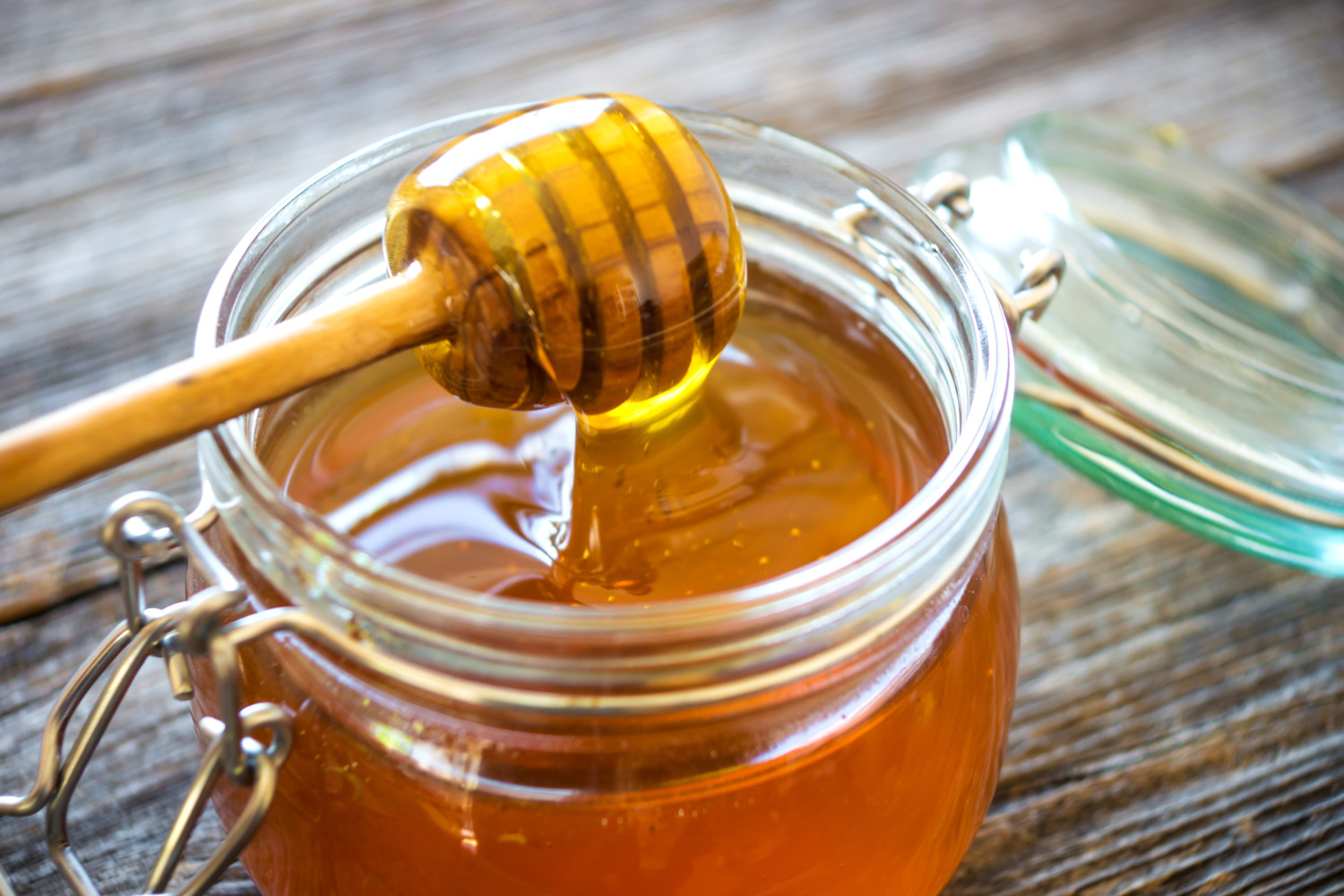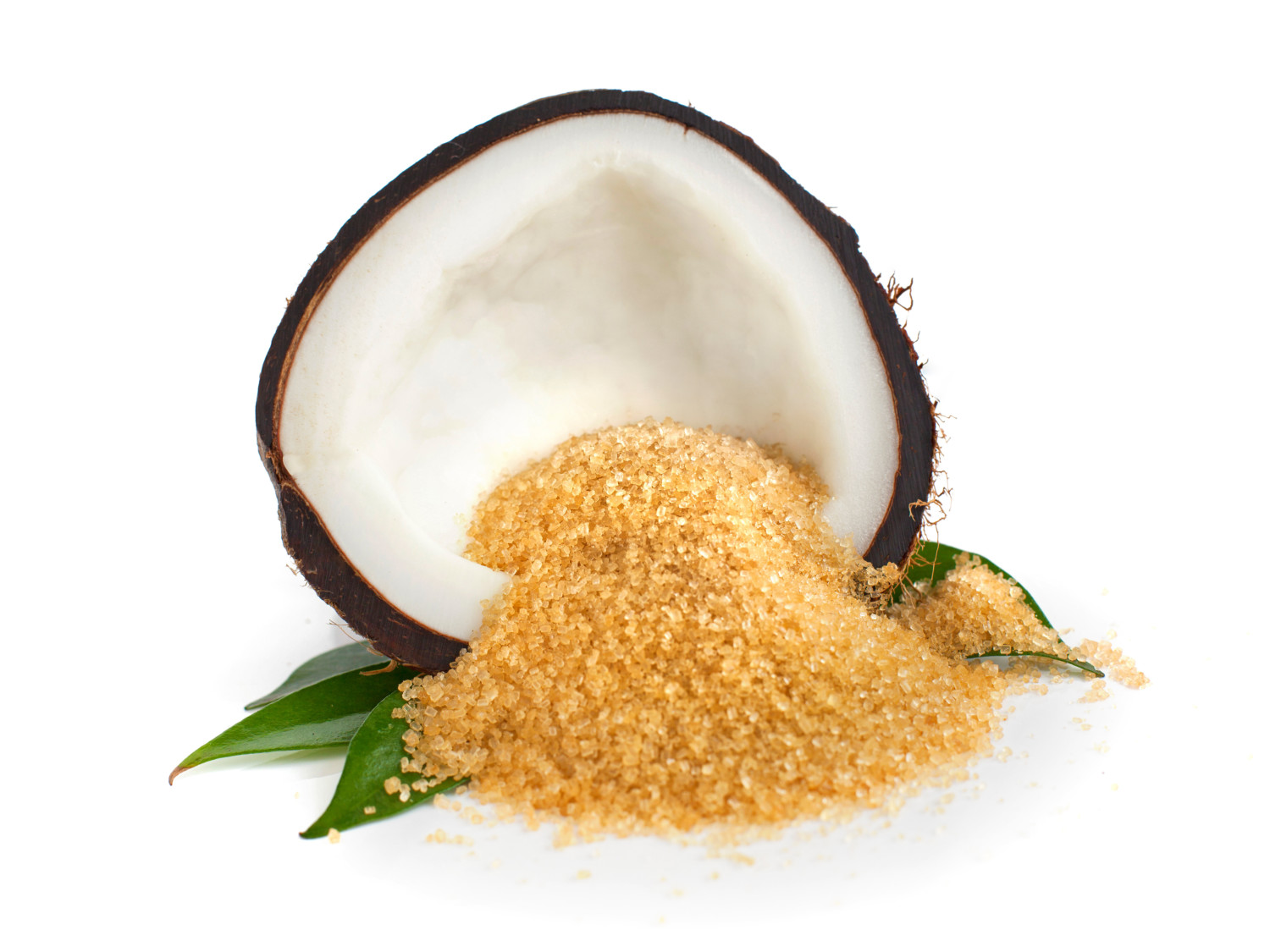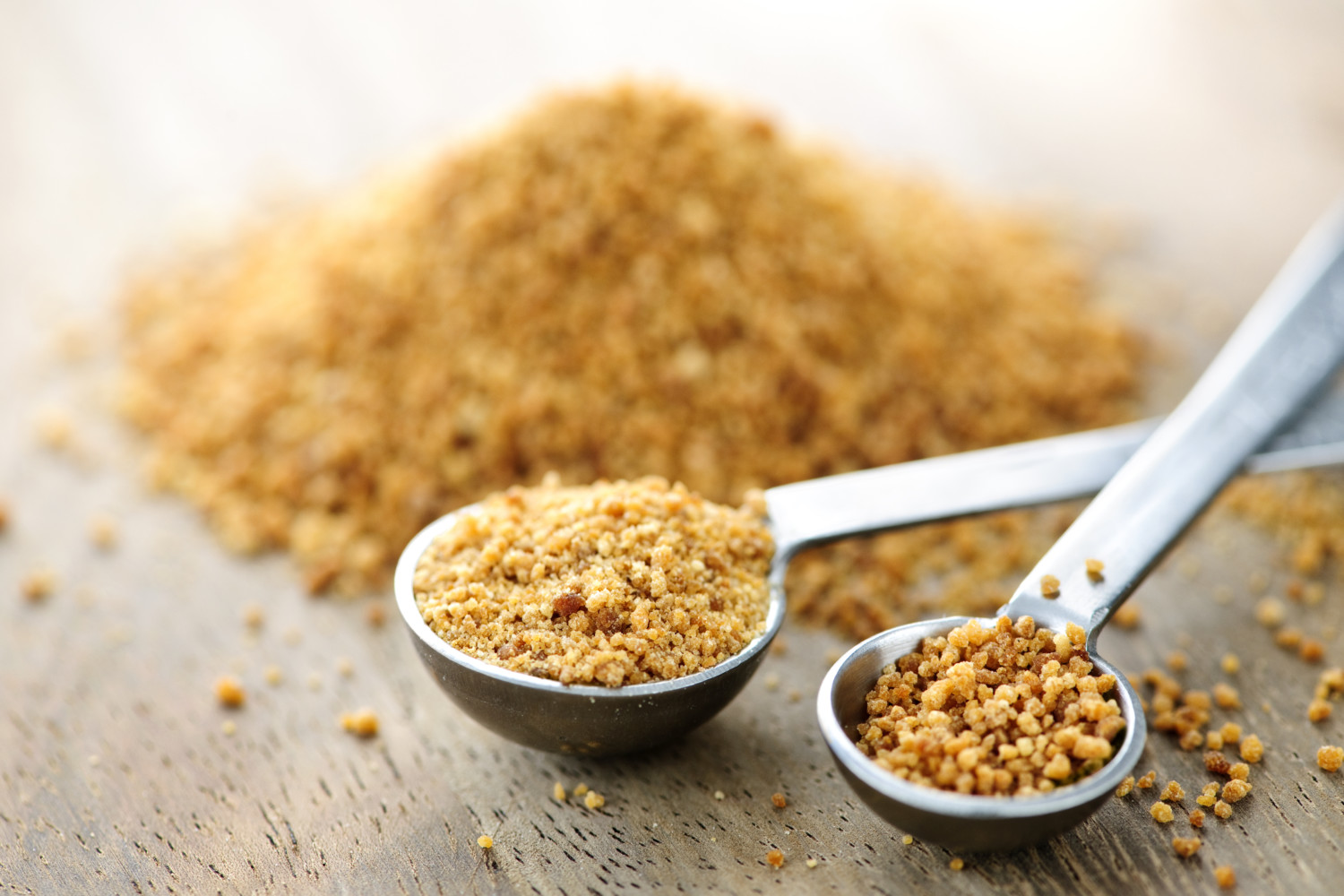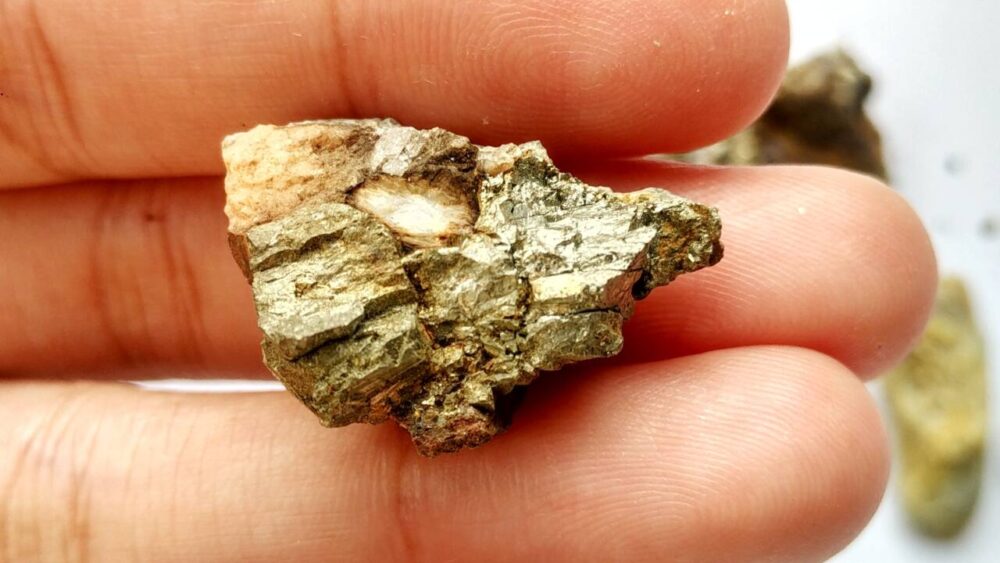A new study confirms low-calorie sweeteners may contribute to weight gain
For the sake of limiting sugar intake, many turn to drinks and food that are flavored with artificial sweeteners. Whether you opt to consume low-calorie sugar substitutes because you’re looking to slash your calorie count or because it sounds like a healthier option, you might want to continue reading.
According to a new study published this week in the Canadian Medical Association Journal, the compounds found in sugar substitutes may actually contribute to weight gain. Sure, there have been plenty of studies in the past informing us that consuming aspartame, saccharin or stevia aren’t the healthiest for you, but this newest study confirms it might be worse than you think.
This most recent study is deemed one of the most comprehensive reviews to date. Scientists from the University of Manitoba’s George & Fay Yee Centre for Healthcare Innovation examined 37 previously published studies, which involved a total of 406,910 subjects.
The review reveals that there is no consistent link between low-calorie sugar substitutes and weight loss. And in fact, the research found that people who used low-calorie sweeteners were actually more likely to gain weight and to see an increase in both their body mass index and waist circumference.
Even scarier, the researchers found that those who consume artificial sweetener were also more likely to suffer from hypertension, cardiovascular disease and strokes. Yikes.
But despite the findings, it’s probably very unlikely that sugar substitutes will disappear. According to another recent study in the Journal of Academy of Nutrition and Dietetics, use of sugar substitutes has increased by 200 percent between 1999 and 2012! And about 41 percent of Americans now use them on a regular basis.
However, some are better for you than others, so if you’re not looking to give up artificial sweetener anytime soon, you might like to learn more about which sweeteners are the best and worst when it comes to your health.
You could also use some more natural, organic alternatives. One option: raw honey, which is not only all-natural, but it also contains antibacterial properties, especially in the darker varieties.
Studies have previously shown that people who consumed honey instead of sugar showed a reduction in both body weight and fat.
It’s also easy for the body to digest.
A second alternative: coconut sugar. Coconut sugar contains a variety of antioxidants, vitamins, and minerals that white table sugar lacks.
The substitute also has a lower glycemic index than refined sugar, keeping your blood sugar and insulin levels steady.
Another great natural option for sweetener is organic maple syrup. Just make sure it’s actually organic and not the corn syrup-filled kind that kids love slathering on their pancakes.
Believe it or not, 100 percent organic maple syrup contains up to 54 antioxidant compounds, and it can help fight cancer, improve your skin, and even helps fight bloating, among other benefits.
Does this study make you rethink your use of artificial sweeteners? Would you try a natural alternative?


